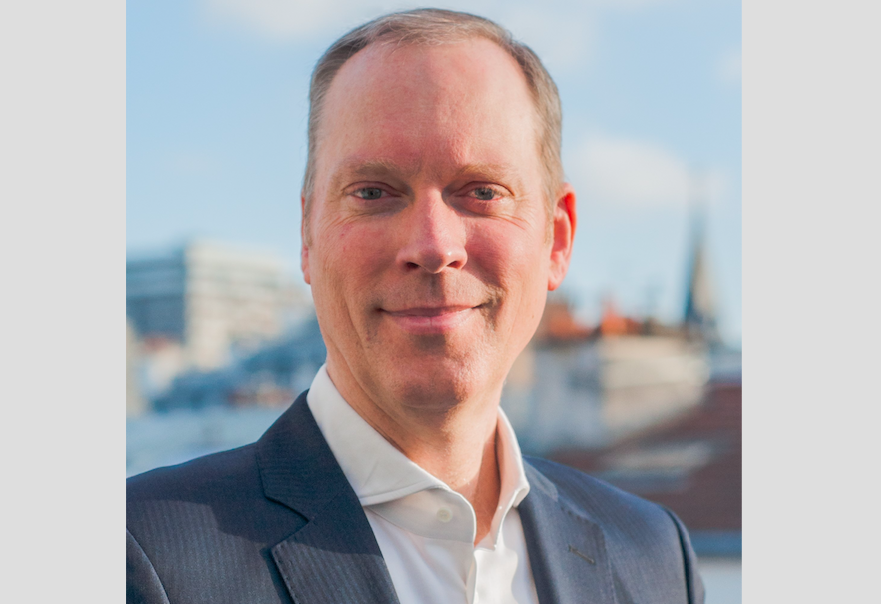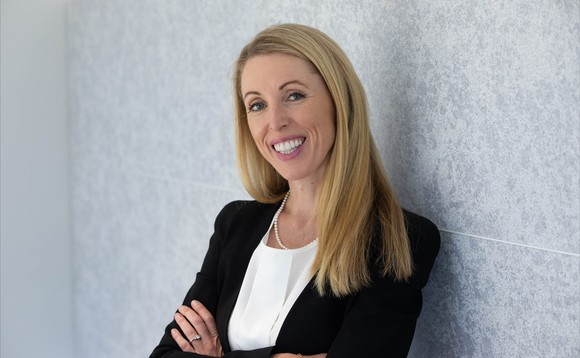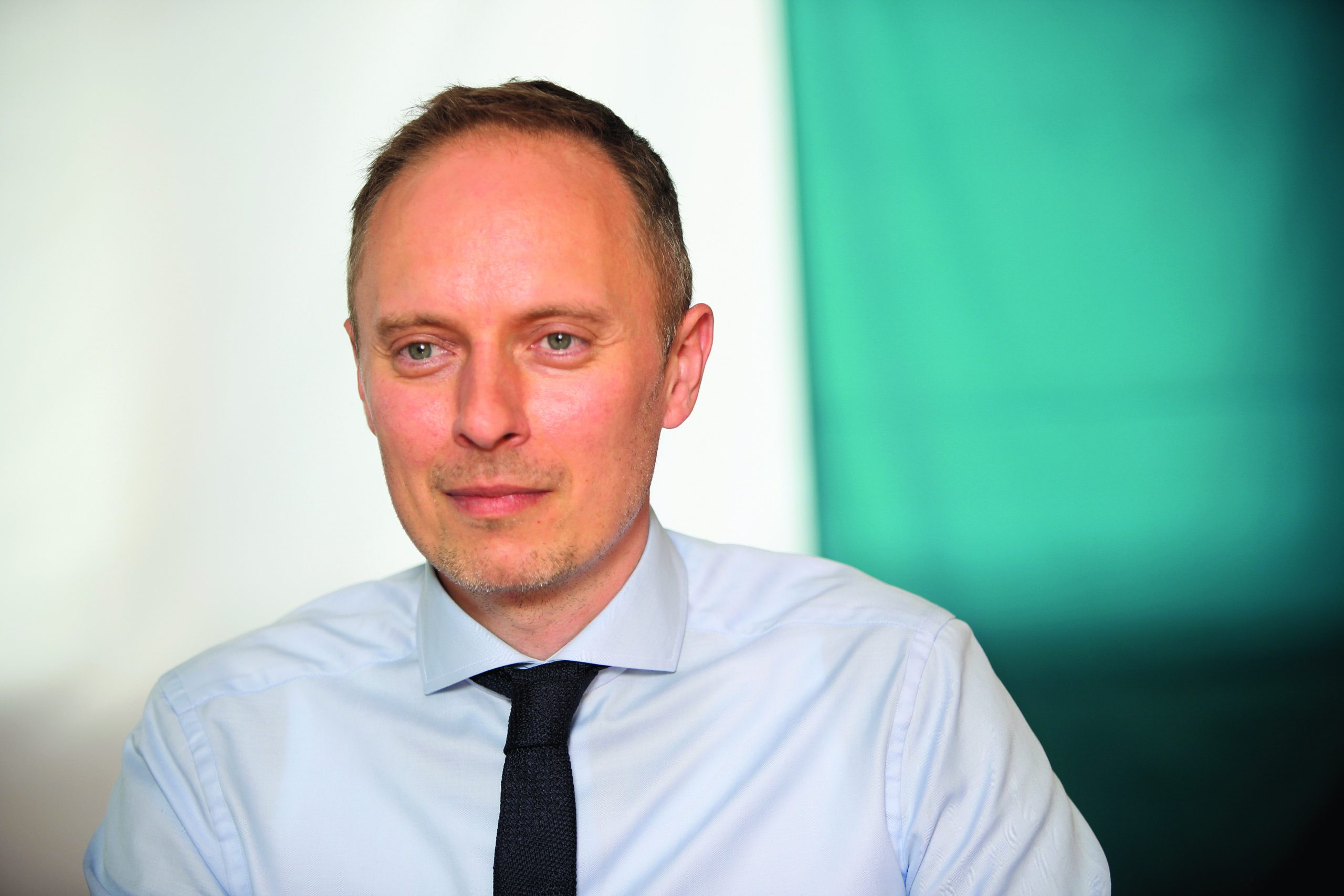The Alternatives Market Takes the Path of Resilience and Sustainability
| By Beatriz Zúñiga | 0 Comentarios

As the new year begins, asset managers take stock of what has happened in their main business units. In this context, M&G has highlighted that its £65 billion (87.7 billion dollars) Private & Alternative Assets division deployed more than £11.5 billion (15.5 billion dollars) in the 12 months to 30 November 2021.
The firm has revealed that this division, with a history of investing in private markets in excess of two decades and over 150 years investing in bricks and mortar real estate, deployed the capital across a plethora of markets, including leveraged finance, unlisted real estate equity, unlisted infrastructure equity, real estate finance, private asset-backed securities and books of consumer loans and mortgages.
Their high level of activity over the past year demonstrates the importance that investors are giving to alternative investments. “The pandemic has clearly done little to deter the prevailing trend of increasingly diversified lending markets post the Great Financial Crisis. In Europe, the banking system continues to hold around 75% of lending assets as a share of GDP – still significantly above the level in the US – and we would expect this to decrease against a backdrop of tightening bank regulations”, said William Nicoll, Chief Investment Officer of Private & Alternative Assets at M&G.
In his opinion, this situation is creating “significant opportunities” for pension funds and insurance companies looking for diversification and potentially high risk-adjusted returns in areas such as residential mortgages and consumer loan pools, while the banks retain the relationships and service the end-consumers.
At the same time, he believes sustainability is becoming a key driver in markets: “Some investors are allocating capital to address the biggest challenges facing our society, particularly in relation to the health of the planet and climate change, as well as social issues such as financial inclusion. This is particularly prevalent in our real assets investments such as real estate and infrastructure, where we can support the changing needs of society whilst delivering sustainable returns for investors”.
Nicoll pointed out that despite the Covid-19 pandemic prompting the most extraordinary consumer bailout ever seen, no business was left untouched by the impact that various lockdowns had on operations. “Last year, we dedicated our resources to understanding how companies were impacted and to ensure they were capitalized appropriately to navigate operational turbulence that continues to persist”, he added.
Looking ahead, he is convinced that for patient, long-term investors with the ability to embrace technology and complexity, innovate in evolving markets and be nimble when opportunities arise, “the private markets are an exciting place to be”.
M&G’s accomplishments
In response to these market trends, M&G has achieved important milestones this year. For example, the launch of Catalyst, which is investing up to £5 billion into privately-owned businesses where capital is required to drive innovation and impact to create a more sustainable world. “The 25-strong investment team based in the UK, USA, India and Singapore, is deploying the mandate on behalf of millions of customers invested through the £143 billion Prudential With Profits Fund”, the firm says.
Besides, almost £3 billion was deployed by the direct real estate investment team, with over £1 billion of this in the Asia-Pacific region where the business has been actively investing since 2002. This includes establishing a new partnership to develop an Australian real estate portfolio investing in the logistics sector, on behalf of a third-party client; and launching into the UK’s Shared Ownership sector to initially create more than 2,000 new, sustainably designed and affordable homes, through establishing a strategic partnership with Hyde Housing.
Meanwhile, Infracapital, the unlisted infrastructure equity division, raised €1.5 billion (1.7 billion dollars) from investors for its latest greenfield investment strategy. M&G has revealed that “over 50% of the capital is already allocated to companies at the forefront of delivering energy transition or digital connectivity”. This includes EnergyNest, a Norwegian thermal battery company deploying innovative technology to decarbonise energy intensive industries and improve their sustainability.
All in all, its commitment to the private and alternative assets business is clear. In fact, last year the Specialty Finance team partnered with Finance Ireland to bring long dated fixed rate mortgages to the Irish market for the first time. The asset manager has also worked on the internationalization of origination capabilities through the first direct private investments in India, Chile and the Czechia Republic.








